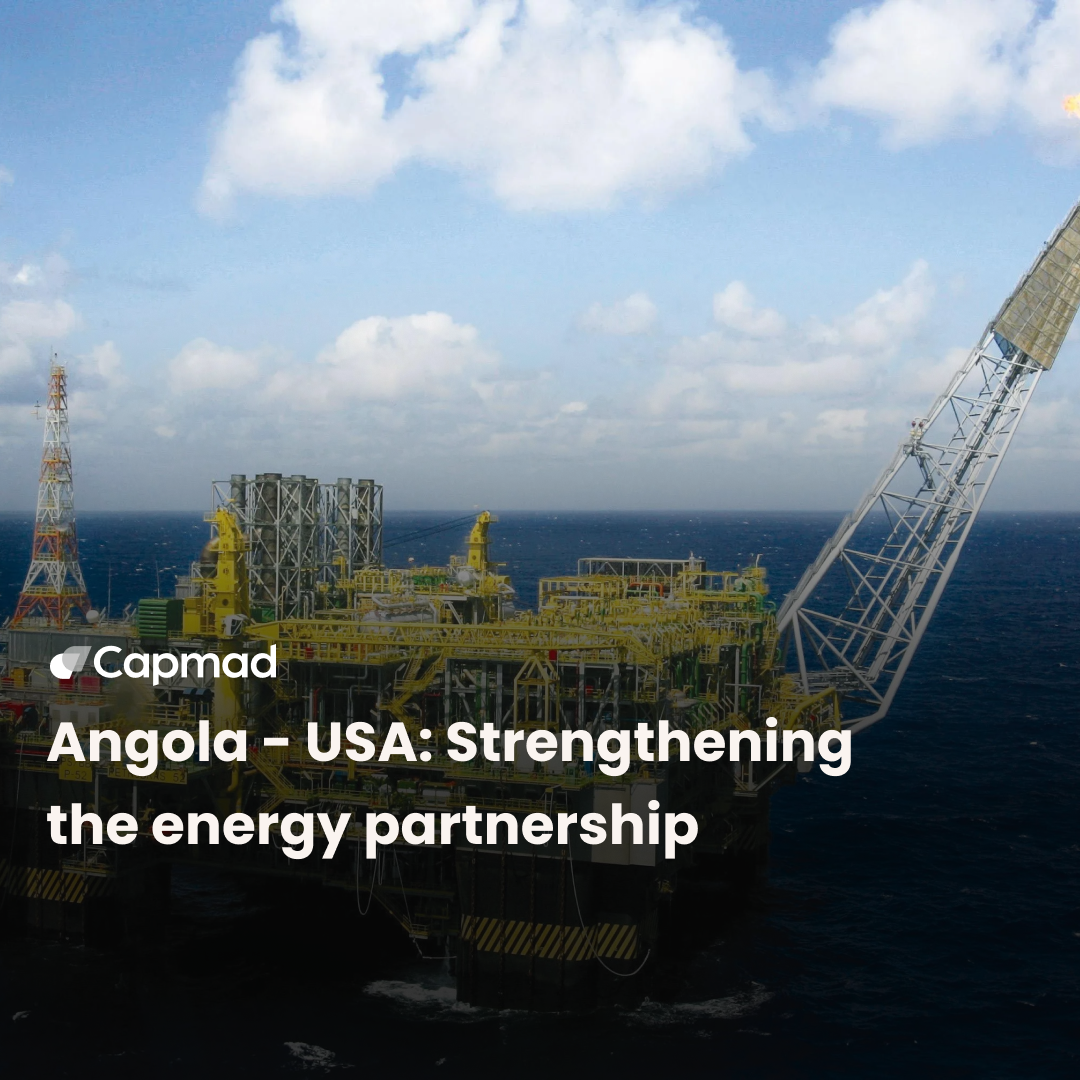After eight years of construction and various delays, the Dangote mega-refinery has finally started producing and distributing its first liters of gasoline. This project lays the foundation for a restructuring of Nigeria’s fuel market, allowing the country to reduce its dependence on imports.
Aliko Dangote’s Mega-refinery : Ambitious project
September 15, 2024, marks a significant milestone in Nigeria’s energy history with the commissioning of Africa’s largest oil refinery. Located more than 70 km east of Lagos, this ambitious project by Aliko Dangote opens new prospects for the country’s energy self-sufficiency.
Challenge of energy independence
Despite being Africa’s top oil producer and a member of OPEC, Nigeria heavily relies on fuel imports to meet its needs. The country has four inactive state-owned refineries in Warri, Port Harcourt, and Kaduna. With a potential daily production capacity of 650,000 barrels, the Dangote refinery could change the game by meeting the nation’s fuel needs while exporting part of its output.
In September 2024, around 500 tankers transported 25 million liters of gasoline, also known as Premium Motor Spirit (PMS), highlighting the scale of the project. This 20 billion USD industrial complex, partially financed through bridge and mezzanine loans, saw its initial costs almost double due to unforeseen challenges. Nevertheless, hope lies in the refinery’s ability to stabilize the fuel market while reducing costly import dependence.
Economic outlook and distribution
According to Devakumar Edwin, Vice President of Dangote Industries, 44 % of the refinery’s output will be allocated to the local market, while 56 % will be exported. This strategy aims to meet Nigeria’s energy needs while generating foreign currency. In the long term, the introduction of Dangote gasoline strengthens Nigeria’s position on the international stage.
However, logistical challenges related to fuel distribution remain numerous. The Nigerian National Petroleum Corporation (NNPC) is responsible for delivering fuel to various points of sale across the country. Although this partnership appears strong, questions remain about Nigeria’s ability to maintain a smooth national distribution system, especially amid economic difficulties.
Energy self-sufficiency : Still out of reach
The launch of the Dangote refinery represents a major step for Nigeria in its quest for energy independence. However, promises of lower pump prices seem distant, and stabilizing the domestic market remains a priority.
Realities of fuel pricing in Nigeria
Despite the initial optimism surrounding the project, a significant concern persists : At what price will Nigerians access locally-produced gasoline? The removal of fuel subsidies has significantly impacted pump prices, causing a spike in costs for consumers. Since the election of President Bola Ahmed Tinubu, the price of gasoline has tripled, from 200 NGN to 850 NGN in a year and a half. Inflation, which surpassed 33 % in July 2024, exacerbates the situation for the population.
Experts like Ayotunde Abiodun from SBM Intelligence are skeptical about Dangote Refinery’s ability to offer cheaper fuel. In theory, domestic fuel production should lower costs associated with imports, but international market dynamics, crude oil procurement costs, and refining margins may keep prices high in the short term. Dangote also needs to cover production expenses and repay the loans taken for the plant’s construction. This could lead the businessman to prioritize more lucrative international markets.
Pricing and crude oil supply challenges
While the Dangote project promises a significant improvement in fuel supply, it does not guarantee the end of chronic shortages. In 2023, Nigeria’s oil production dropped to less than 1.2 million barrels per day, far from the 2 million barrels hoped for by the government. This decline poses significant challenges for the crude oil supply chain, which is vital for the refinery’s operation.
Tensions have emerged between Africa’s richest man and local authorities over crude oil supply. While the NNPC is ideally supposed to provide discounted oil to the refinery, Dangote’s critics point to the national company’s unreliability. This has forced the magnate to turn to international companies to purchase crude oil at higher costs, potentially undermining hopes for energy self-sufficiency and raising fears of a potential monopoly.
Some observers predict that gasoline produced at the refinery will be sold at the international market price, around 1,100 NGN per liter, well above the current price in the country. In this context, the Nigerian government faces a dilemma: either compensate for the difference between international and local prices or raise pump prices again, which could spark new social unrest.






